Kids with autism or other sensory processing disorders often have difficulty understanding what to do in social situations. It could be hard to read facial expressions or decipher the tone of voice, or the trouble could be in finding appropriate responses to everyday social situations. Providing your students with an opportunity to practice these potentially uncomfortable social experiences can help give them a ‘social toolbox’ from which to pull strategies.
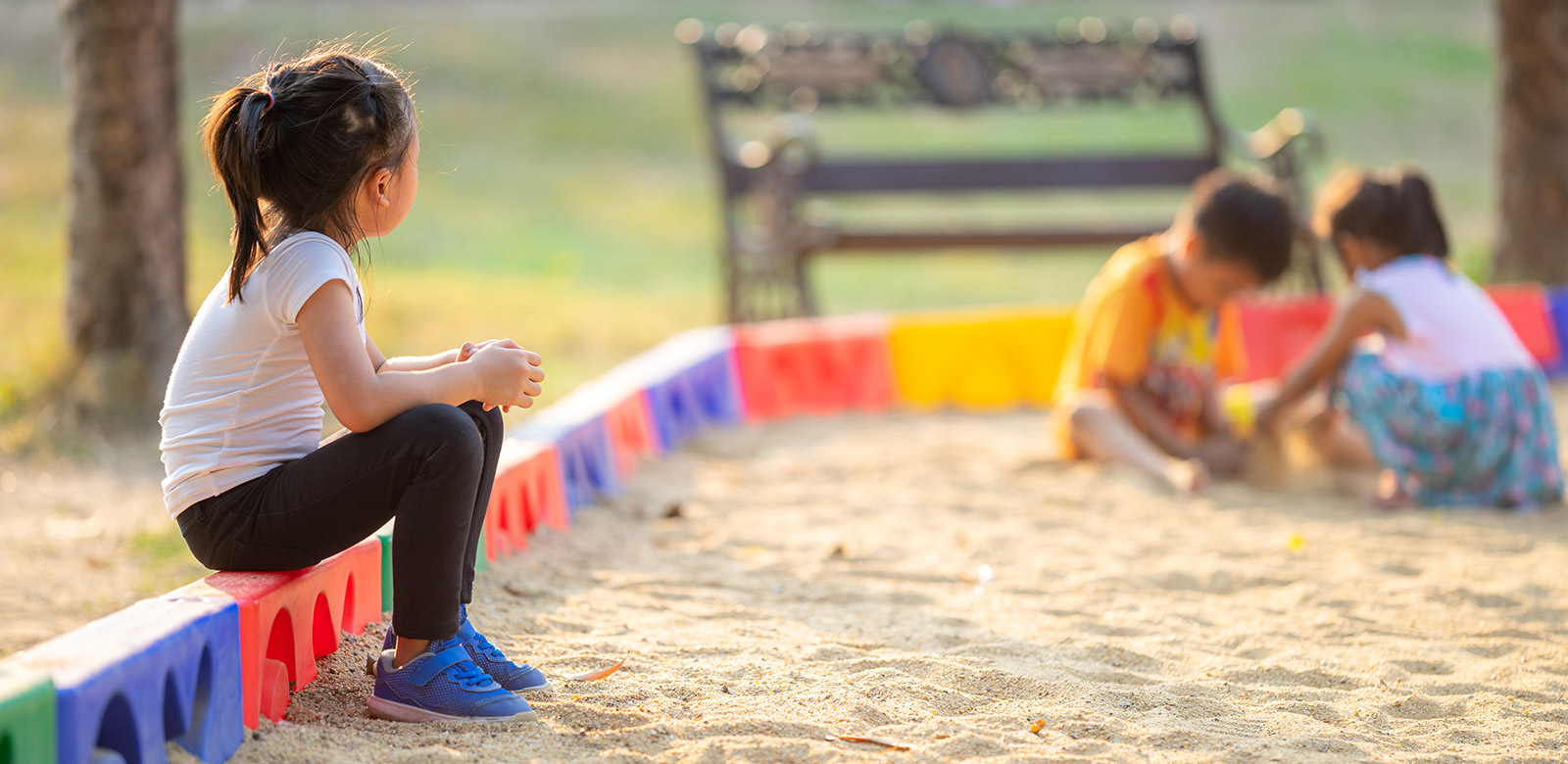
What is a social story?
Social stories are a very effective tool to use. These stories were pioneered by Carol Gray, an autism researcher at Indiana University. Gray recommends creating short scripts for various social situations, personalizing them for each individual student so that it has language and sentence structure that the student can easily process and understand.
How to incorporate social stories
Let’s say you have a student who struggles with introducing themselves to new people. You might craft a social story like the following:
“It can be fun to meet new people. When I meet someone new, I say, ‘My name is Jamie, it’s nice to meet you.’ I hold out my right hand so I can shake hands. I listen when the person tells me their name so I can remember it. I make eye contact and smile. I can ask polite questions, like ‘where are you from?’ or ‘how are you today?’”

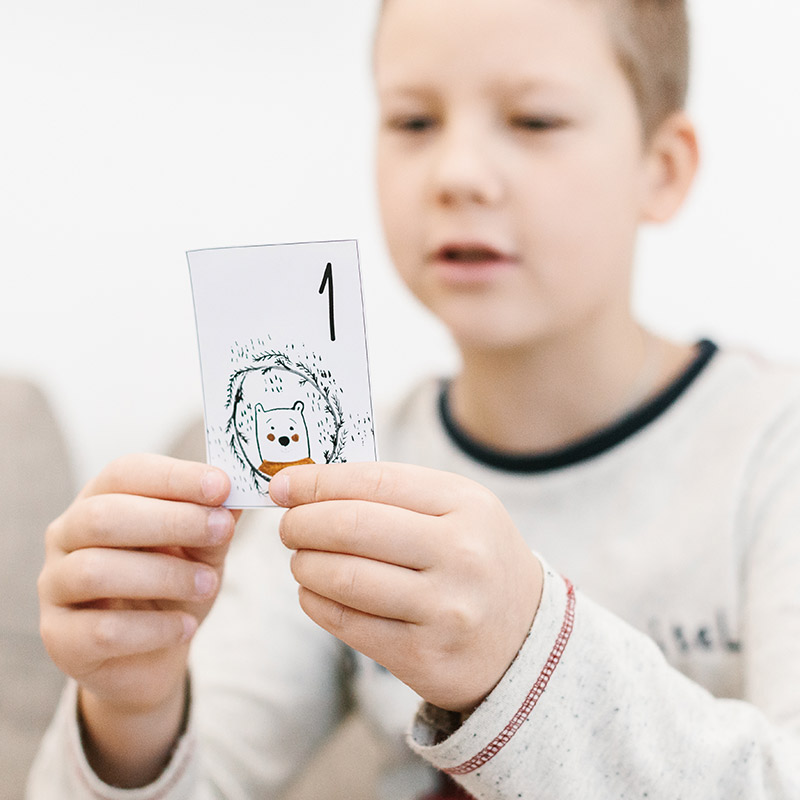
Why social stories are helpful
When used correctly, social stories can help kids with a variety of social situations, ranging from how to interact on the playground to how to respond to customers while working. The key to success with social stories is giving students many opportunities to practice using them in controlled situations with a script. Once they’re comfortable in those controlled settings, move on to practicing in other areas and with other participants.
As with many areas of teaching kids with autism or sensory processing disorders, sometimes a rough day or negative experience can set skills back a few steps. If you notice your students beginning to struggle with social situations, it’s perfectly fine to revisit an old social story and return to those controlled practice sessions.
Check out our free resources for social stories and other printables.
What strategies do you use to encourage social skills? Share your ideas with us in the comments or to customercare@funandfunction.com!
This post was originally posted on 08/23/2009. It was updated for accuracy and comprehensiveness.

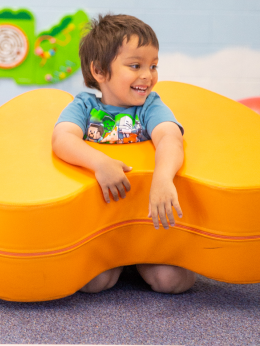



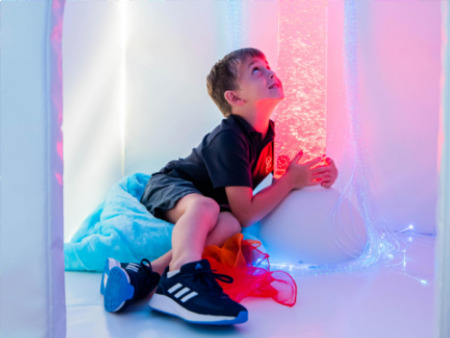
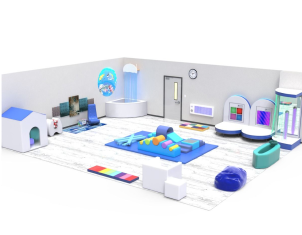

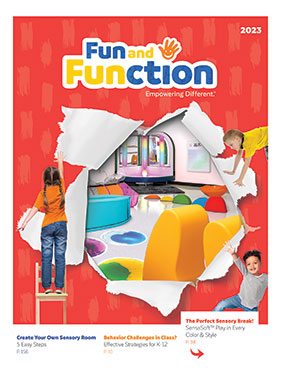










Comments